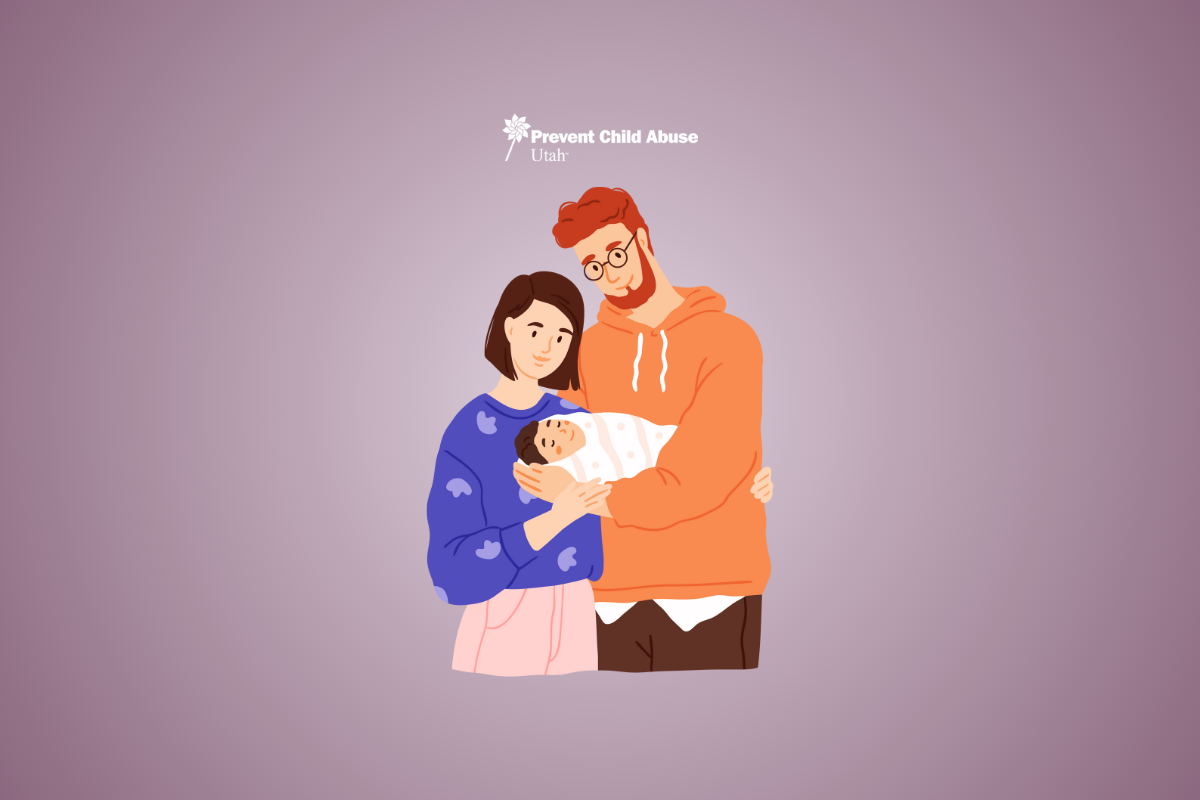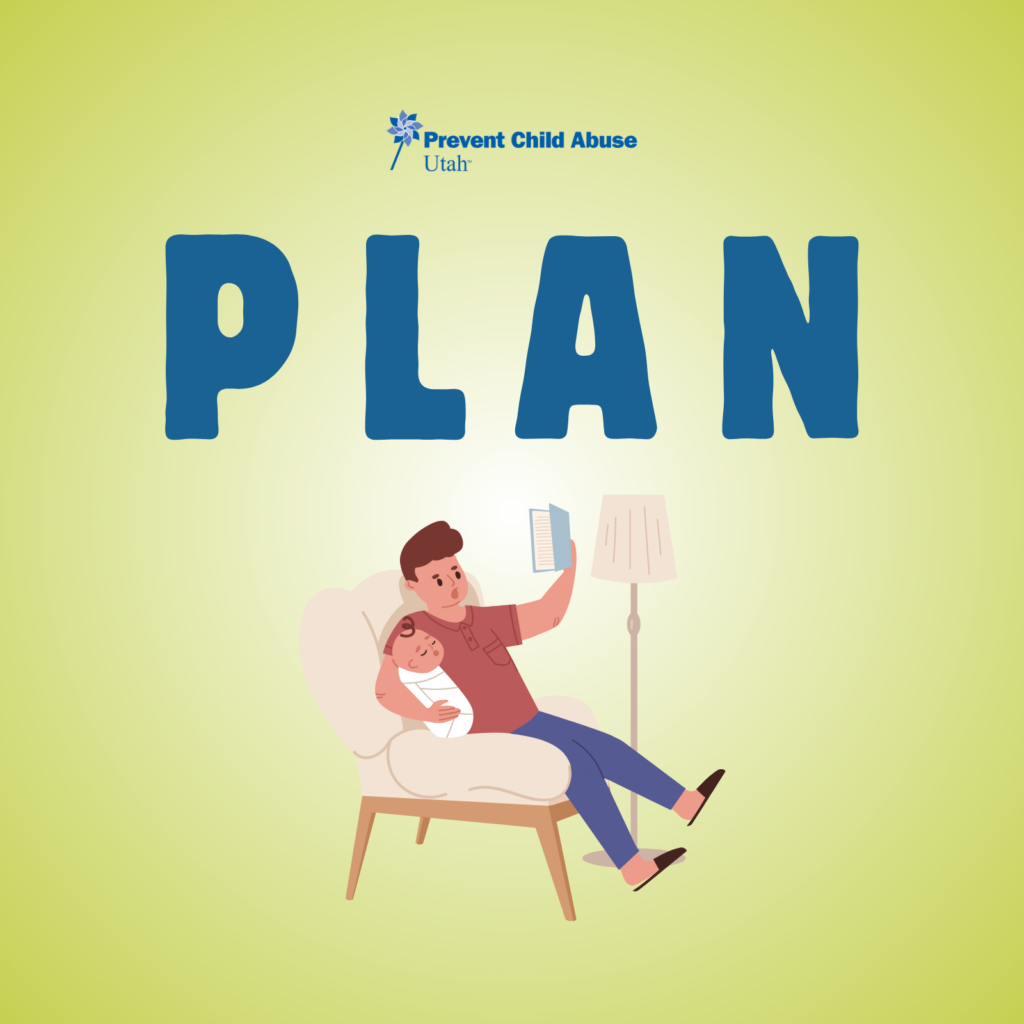
You, Your Baby, and Everything in Between by Daniel Rich
Babies are essential to the progression of society and it’s the job of parents to create the next generation of leaders. Parenting is no small task and when faced with this enormous responsibility it can be very stressful. From taking care of the baby’s physical health, to understanding their cognitive development, and even to taking care of yourself. It can be easy to feel like you’re failing, but there are ways to overcome these challenges. Beyond that, you have the ability to thrive and create a healthy functioning family. Your relationship to the baby is critical, but your physical and mental health is imperative as well. We will be discussing ways that you can help your baby to succeed and for you to stay happy and healthy in the process.
You
Having a child is an exciting and stressful time for all who are involved. The changes that come as a result can lead to high levels of anxiety and even depression in some cases. Though stress can help to push you to adapt and become resilient, healthy stress management is essential to learn. In an article published by the CDC they mentioned a few ways to manage your stress:
- Take care of your body by getting regular sleep, the recommended amount for adults is around 8 hours. With a new baby this is hard to maintain, but make the most of sleep time and create a routine with your partner or those you live with.
- Exercise and keep your body active and healthy.
- Avoiding alcohol and drug use. This is especially important for pregnant women because many of these substances are teratogens and are harmful for developing fetuses.
- When you are feeling stressed, reach out and talk to trusted individuals such as your partner, parents, friends, counselor, or doctor.
- Find time to unwind and do things that you enjoy to help alleviate the stress that you are feeling.
If you are feeling sad for a long period of time after your baby’s birth or are having trouble coping with the stress, please talk to your healthcare provider for support. For mothers, if you are having thoughts of harming your baby or are feeling depressed for 6 weeks after your baby’s birth, talk to your doctor about getting screened for postpartum depression. This may be difficult or scary, but always remember that your baby and your health come first. Take the time to evaluate your own well being and talk to a doctor if you are having concerns.
Your Baby
Creating a safe environment for your baby is essential to help them grow and to prevent situations of neglect. Learning about your baby and developmental milestones will also help you to know how to support your baby’s development. How can you as an expecting parent prepare for this new responsibility? Here’s a few tips to help you create a safe space for your baby:
- Do not put anything else in the crib with your baby including; pillows, blankets, toys, or binkies. These things can be choking hazards while the baby is asleep and unattended.
- Always put your baby to sleep on their back. This prevents choking or breathing problems during the night.
- Place safety locks on cabinets with medicine, cleaning supplies, or other chemical substances.
- Put baby gates at the top and bottom of stairs.
- Never leave your baby alone. This one is hard to do especially if you are a single parent. Before you have your baby make sure to talk to your partner or other family members that could help you look after your baby when you are away.
It’s important to know that your baby is experiencing everything for the first time so be patient when caring for your baby. It will take time for you to get used to the new changes in your life and the baby’s development may seem slow at first. To help your baby develop make sure to talk to them frequently to help build their vocabulary early and get used to your voice. Provide a variety of toys for your baby that will develop their fine motor skills and keep them interested. Be cautious of too much stimulation because this can overload a baby’s brain and cause overstimulation. Make sure to hold your baby often because skin to skin contact will help them to feel secure and build a loving relationship.

Here’s a simple acronym to help you PLAN for your new baby:
P– Protect the baby: Take out or secure all potentially harmful substances from the home.
L– Look for help: Ask parents, friends, or community services that can provide assistance for you and your baby.
A– Acquire knowledge: Ask questions to your doctor about the baby and do your own research to understand your baby.
N– Never quit: It’s hard to take care of a newborn, but the truth is that you cannot quit because their well being depends on you.
You can never be one hundred percent ready for the baby when it comes, but there’s lots of things that you can do to help make it easier. Planning and prevention is key so you don’t end up in a situation where your baby is in danger. There are resources and help out there so you can be successful. Most importantly, remember that you can do this and you have the skills to succeed and become the best parent you can be.
Additional Resources
Here is a list of programs and resources that that we recommend:
- Prevent Child Abuse Utah Home Visiting for expecting moms: https://pcautah.org/home-visiting/
- Help Me Grow Utah: https://helpmegrowutah.org/
- Pregnancy Resource Centers: https://www.pregnancyresource.net/about-us/what-to-expect
- WIC (Women Infant Children): https://slco.org/health/wic/
References
Center for Disease Control and Prevention. (2023). Mental Health, Coping with Stress https://www.cdc.gov/mentalhealth/cope-with-stress/index.html
Berthelot, N., Lemieux, R., Garon-Bissonnette, J., Lacharité, C., & Muzik, M. (2019). The protective role of mentalizing: Reflective functioning as a mediator between child maltreatment, psychopathology and parental attitude in expecting parents. Child Abuse & Neglect, 95. https://doi-org.ezproxy.uvu.edu/10.1016/j.chiabu.2019.104065
